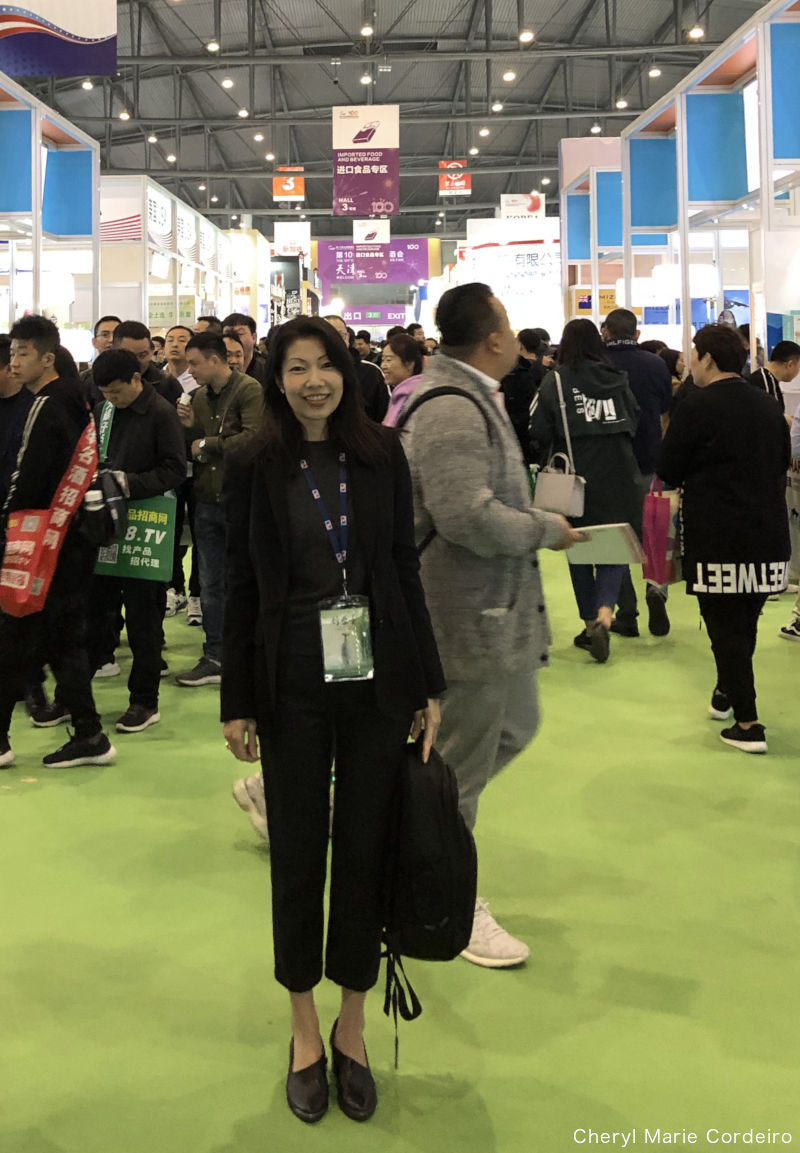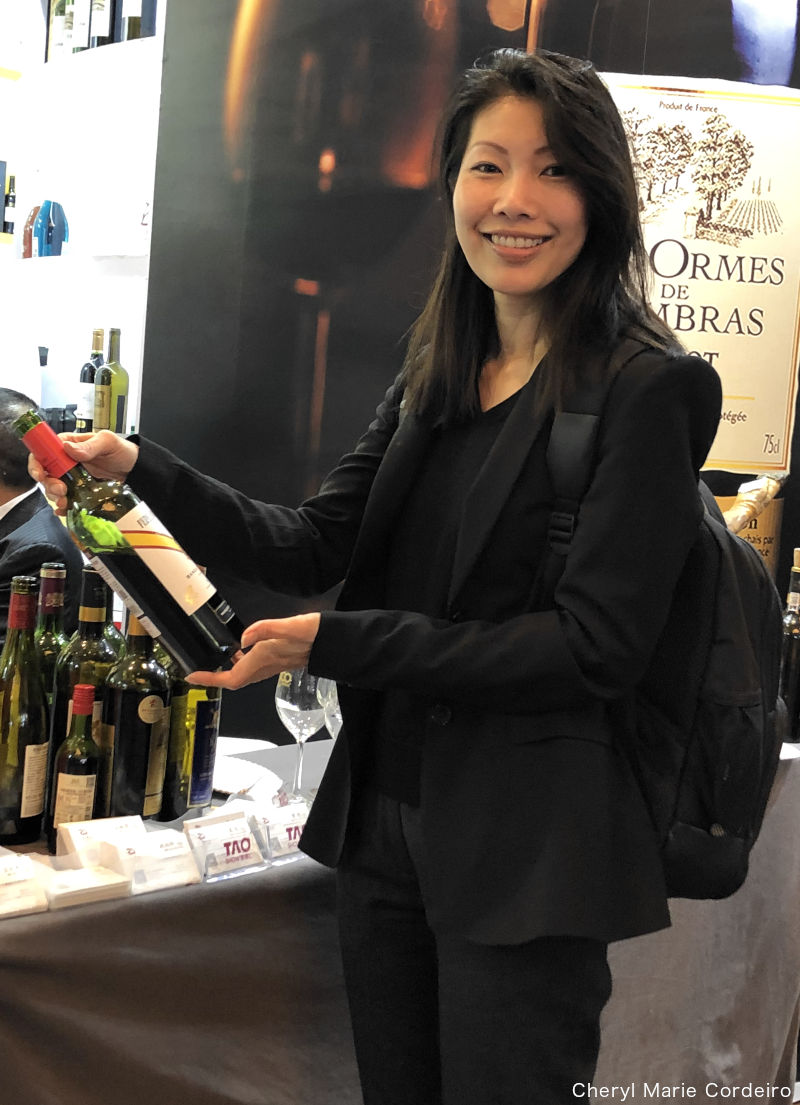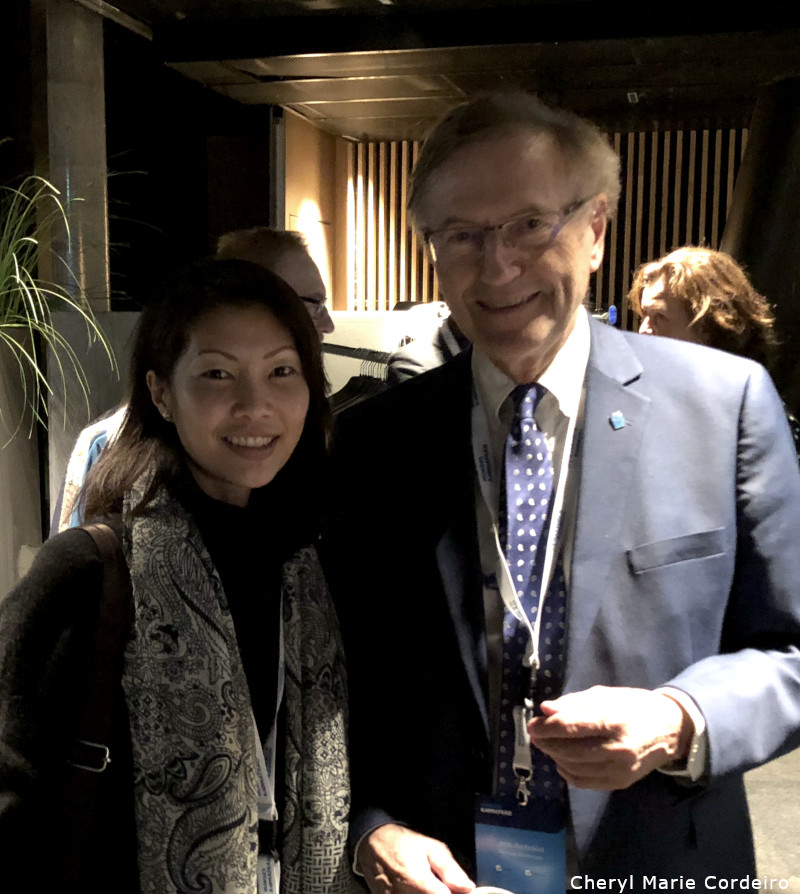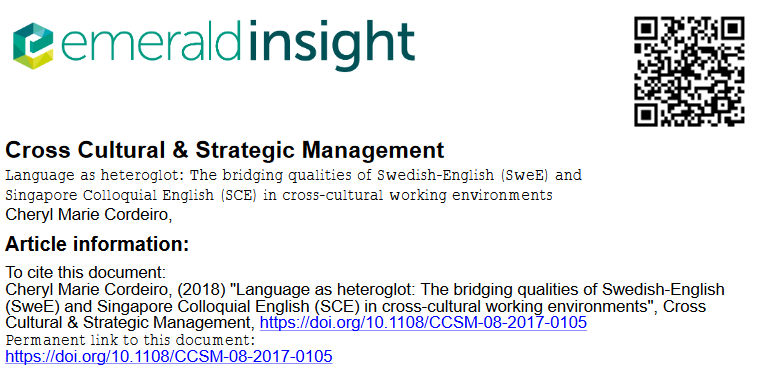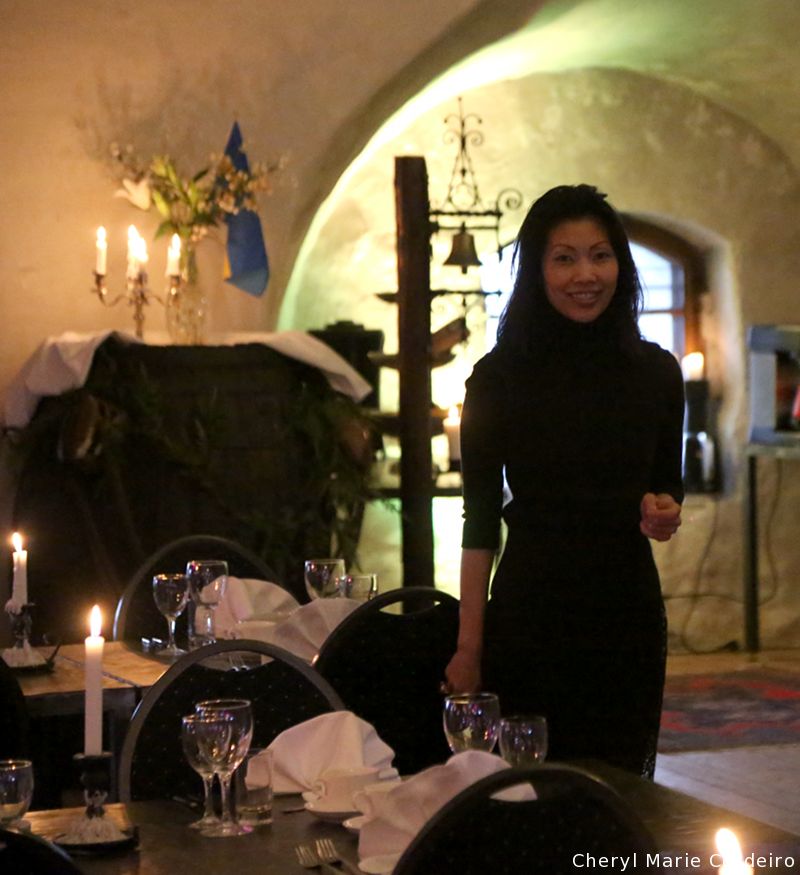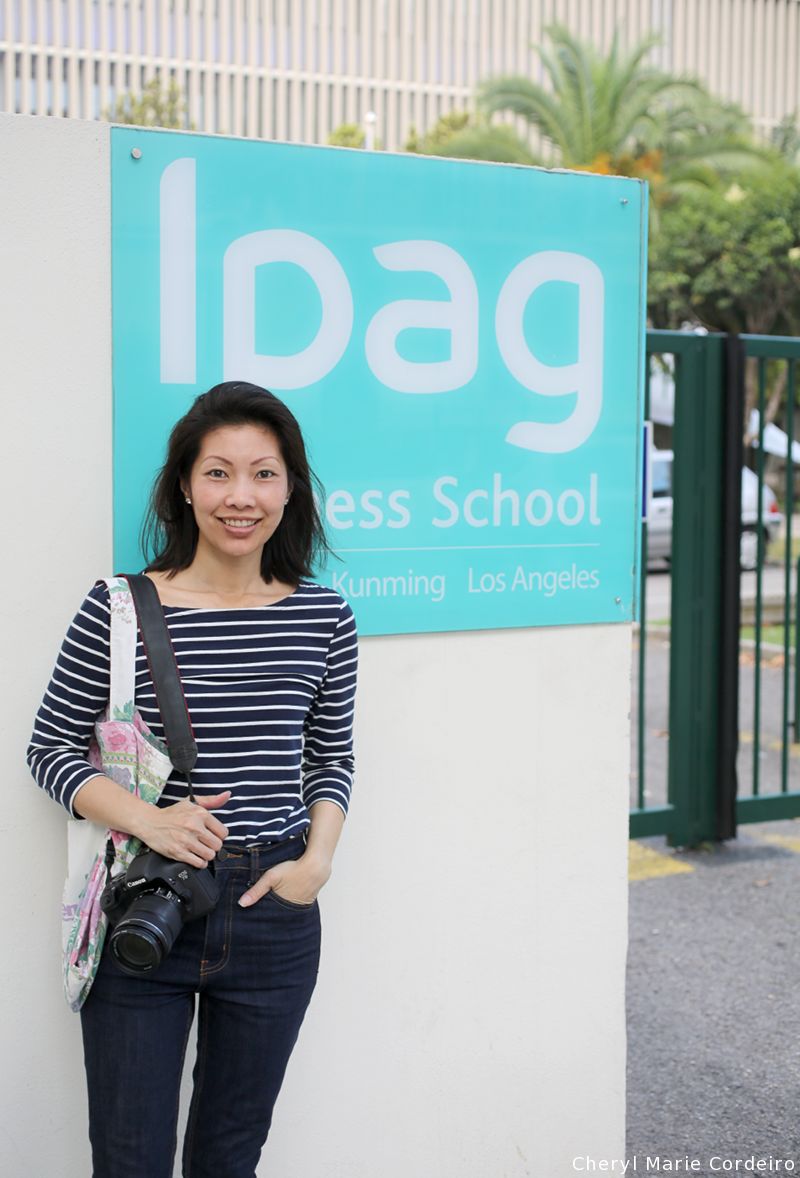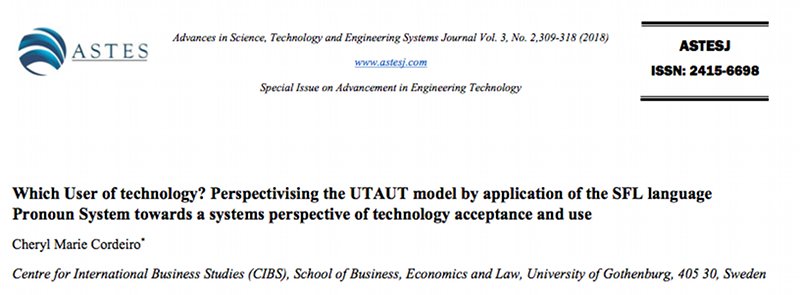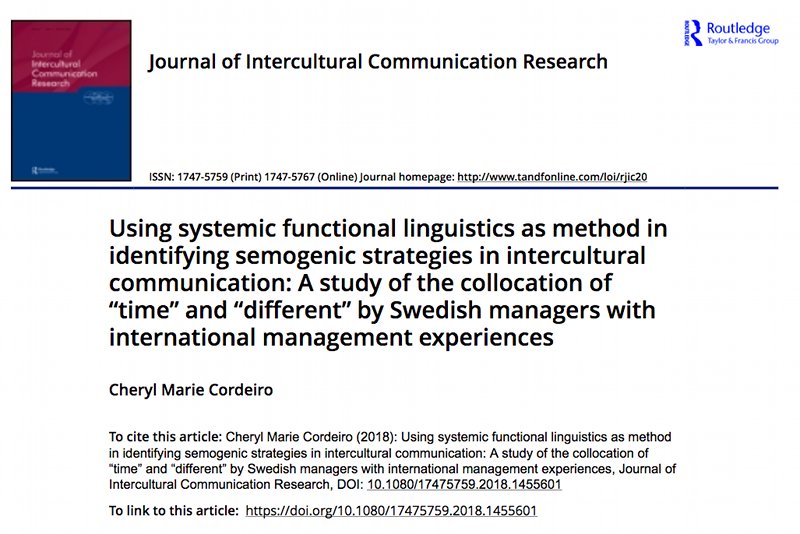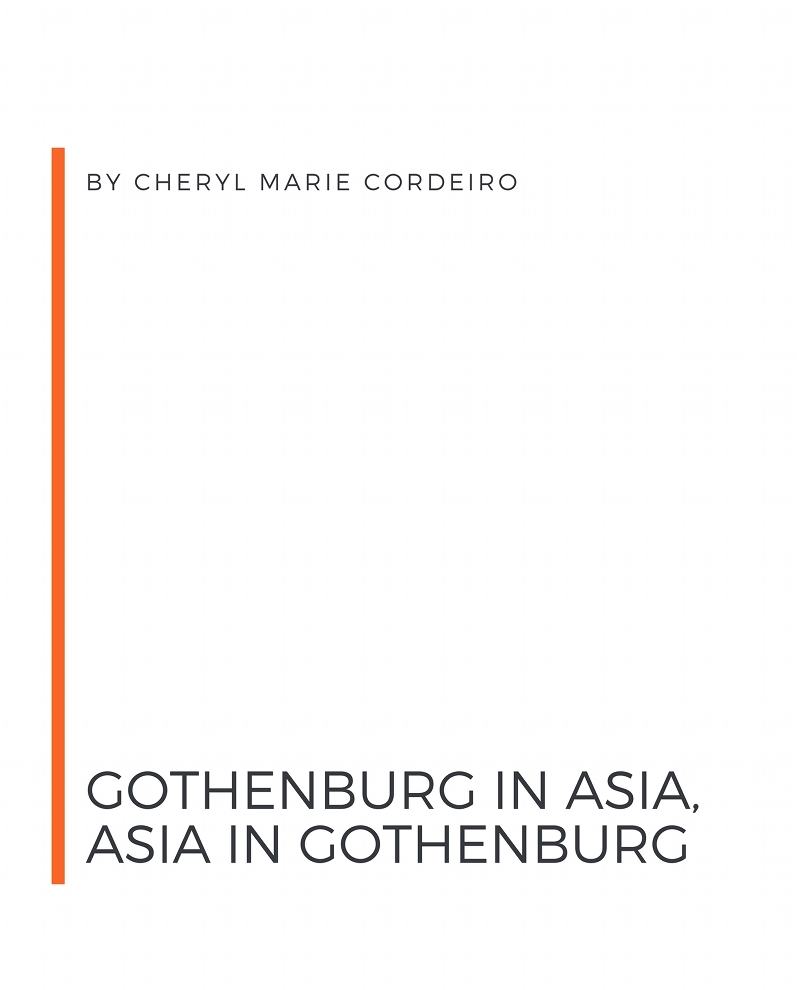At the food and food technology halls 1-3 at the 100th China Food & Drinks Fair (CFDF) spring fair 2019, Chengdu, China.
Text & Photo © M Svorken, CM Cordeiro 2019
With a population that is 18.41% of total world population, China ranks top of the list of countries and dependencies by population [1]. Standing on the exhibition grounds, in the midst of the CFDF 100th spring fair in Chengdu, you certainly feel as stardust, that make part of the constellation of individuals moving through just this one fair. The vast spaces and large numbers of individuals walking by, easily masks one of the country’s upcoming significant challenges, which is a decline in birth rate and an increase in life expectancy [2]. As such, the upcoming domestic issues for the country is one that needs multiple levels and time-frames of strategic policy planning that includes food, agriculture and technology.
